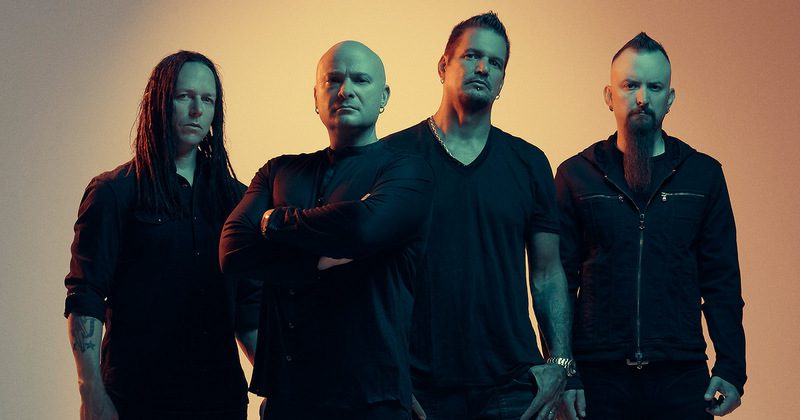
I was in the Christian church for fifty years. I spent twenty-five of those years pastoring Evangelical churches in Ohio, Texas, and Michigan. I was a fervent, dedicated, committed believer of the “faith once delivered to the saints.” I believed it, practiced it, and lived it. When I was in the Christian box, it all made sense to me. Everything I read, everything I heard, and everything I experienced, reinforced the belief that I was in the right box.
God told me, the Bible told me, my friends and family told me, and the opposition of the world told me, that I was in the right box. Every once in a while, I would take one step outside the box and experience a bit of “other-boxedness.” However, after every foray into the world outside the Christian box, I would return to the safety of the box.
This is the way I lived my life for almost fifty years. Then one day, I decided to take more than one step outside of the box. I haltingly, tentatively took a few steps, staying close enough to the box that I could run back if I needed to.
Over time, I wandered farther and farther away from the box. I found all kinds of things that were not in the box I was in. I was confronted with data, beliefs, ideologies, facts, and practices that I had never heard of. I was uncertain about what I should make of these new-found things.
I talked to fellow box-keepers about this. They cautioned me about wandering outside of the box. Bruce, nothing good happens outside of the box, they told me. Everything we need for life and godliness is right here in the box. We even have a manual that tells us how to live in the box.
But I continued to wander outside of the box. One day, I wandered so far outside the box that I realized, for the first time, that the box sat on a steep, slippery hill. And there were other boxes too, all of them on that same slippery hill. The first time I noticed this, I quickly retreated to the safety of the box. Then one day, I found myself far outside the box. I turned around to look longingly at the box and I slipped, and before I knew it I was slipping and sliding down the slippery hill. On this day, I fought and clawed my way back up the hill and crawled back to the safety of the box. Dirty and bruised, I was safe within the box once again. The box was my salvation.
But it wasn’t. My mind was filled with thoughts of all the wonders I found outside the box. Things that people in my box said were bad for me; things that they were sure would ruin me. They told me that The box was all I needed. They feared I was becoming a wanderlust.
And they were right. I wandered once again outside the box, and just as before, I fell down the slope of the slippery hill. This happened to me many times before I finally gave up and stayed at the bottom of the hill. When I did this, the box I had lived in for almost 50 years was no longer large enough for me. For the first time, the things I had lived with in the box seemed odd, peculiar, and contradictory.
When I was in the box it all made sense. It all fit. But now, outside of the box, at the bottom of the slippery hill, the things I once believed now seemed to be the strange language of an alien culture. I found myself saying, I can’t believe I actually believed _________________________. It seems so crazy and incoherent now, yet when I was in the box it all made sense.
I can’t go back to the box I was in. As a secularist now, as a person who values skeptical, rational, and critical thinking, I must always be aware of other boxes around me. Every box’s occupants say that they have the truth. Every box’s occupants want me to take up residence in their box. However, I have learned, perhaps the hard way, that living in the narrow, blind confines of a box keeps me from experiencing the world that exists outside the box. Every box’s occupants think they are unique. Their sameness cannot be seen until one is out of the box — all of the boxes.
Experiencing the world outside of the box changed me forever. I know I still have a penchant for box-like thinking, but I revel in a life free of the constraints of any box.
Bruce Gerencser, 68, lives in rural Northwest Ohio with his wife of 47 years. He and his wife have six grown children and sixteen grandchildren. Bruce pastored Evangelical churches for twenty-five years in Ohio, Texas, and Michigan. Bruce left the ministry in 2005, and in 2008 he left Christianity. Bruce is now a humanist and an atheist.
Your comments are welcome and appreciated. All first-time comments are moderated. Please read the commenting rules before commenting.
You can email Bruce via the Contact Form.








